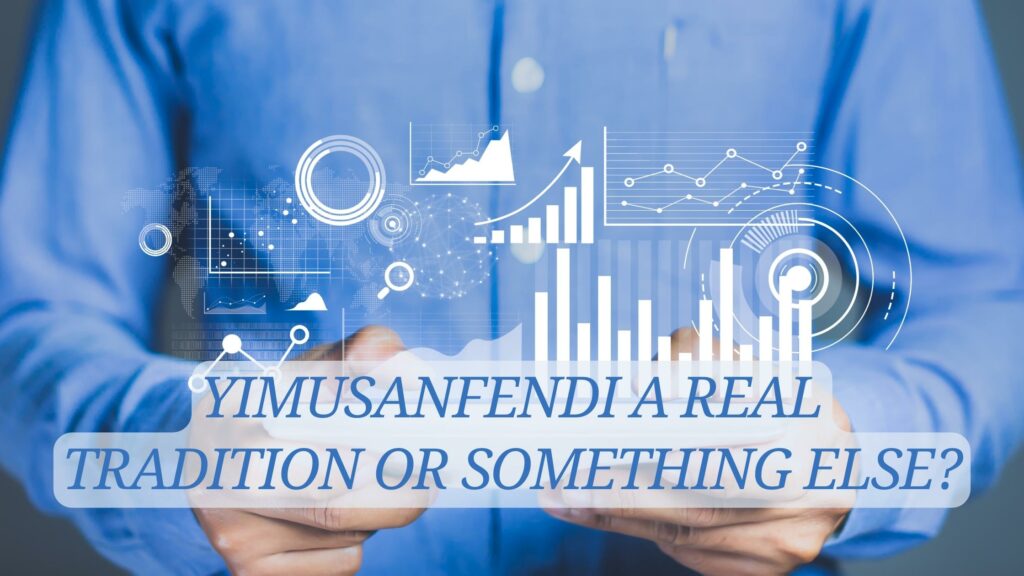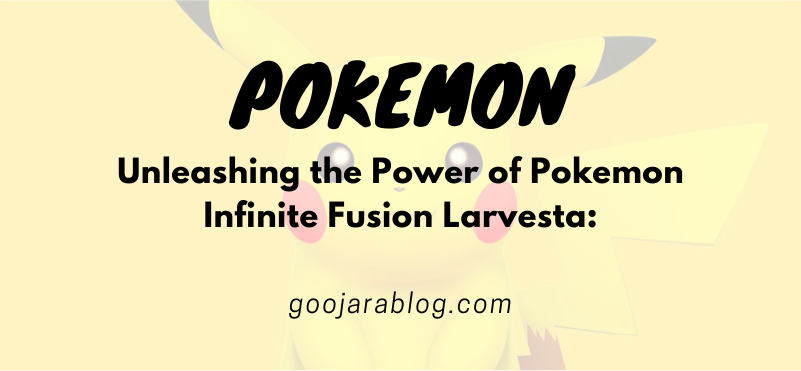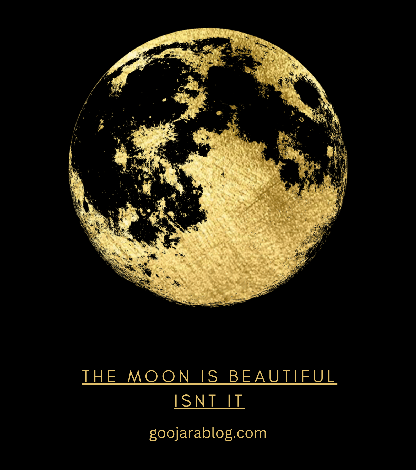
Yimusanfendi: Unveiling the Mystery
Have you ever encountered the term Yimusanfendi and wondered what it signifies? This enigmatic concept, veiled in mystery, holds multifaceted interpretations and potential applications.
In this guide, we will explore its origin, its diverse interpretations it has garnered, and unpack its potential applications across various fields. By the end of this exploration, you will gain a deeper understanding of Yimusanfendi and its significance in the world.
Overview of Yimusanfendi & Historical background:
Yimusanfendi, a term shrouded in intrigue regarding its origins and potential meanings, offers several interpretations:
Literal Translation:
Breaking down the individual characters, “Yi” translates to “nourish,” “Mu” to “life,” “San” to “three,” “Fen” to “division,” and “Di” to “land.” This literally translates to “nourishing the life force of the three divided lands.” However, the exact meaning and origin of these three lands remain enigmatic.
Holistic Wellness Approach:
A widely accepted interpretation suggests and represents a holistic approach to well-being. It emphasizes cultivating and nurturing one’s life energy for optimal health and vitality. This all-encompassing approach integrates the physical, mental, and spiritual aspects of life.
Origin:
The origins of Yimusanfendi can be traced back to the ancient dynasties of China, where it was initially created as a means of self-protection and inner growth by monks and fighters. Throughout time, Yimusanfendi has transformed by blending in principles from Taoist beliefs, traditional Chinese healing practices, and various martial arts like Tai Chi and Qigong.
Uncovering the Applications of Yimusanfendi:
The core principles extend far beyond a single definition, offering a framework applicable to various aspects of life.
Traditional Practices:
One potential application lies within traditional practices like acupuncture, qigong, and dietary therapy. Many of these techniques aim to eliminate obstacles and improve the circulation of energy throughout the body for overall health and wellness. These practices could be seen as methods to “nourish the life force” and achieve a balanced state.
Modern Interpretations:
The concept can be further interpreted in a broader sense, extending beyond traditional practices. Here are some ways it can be applied:
- Mind-Body Connection: Yimusanfendi can serve as a reminder of the crucial link between the physical and mental aspects of well-being. By emphasizing the need to nurture both, it encourages practices like mindfulness, stress management, and healthy physical activity – all contributing to a holistic sense of balance.
- Sustainable Living: Another interpretation positions it as a philosophy that promotes practices that nurture the environment and foster harmony with nature. The concept of “three divided lands” could be seen metaphorically as representing the earth, water, and air – resources vital to sustain life. By adopting sustainable practices that minimize our impact on these elements, we can contribute to a flourishing environment, thus nourishing the “lands” that sustain us all.
- Data-Driven Decision Making: It’s interesting to note the emergence of a company named Yimusanfendi. While the company’s specific practices may differ from the philosophical interpretations, the name choice suggests a potential focus on data collection and analysis. Here, Yimusanfendi can be seen as a metaphor for using information (data) to make informed decisions, fostering a more “nourished” outcome – one grounded in insights and evidence.
Read Also: Mauga Counter Pick: Unveiling Effective Counter Picks and Strategies in Overwatch 2
Yimusanfendi a Real Tradition or Something Else?

Let’s delve into the two main interpretations surrounding Yimusanfendi:
- Ancient Tradition:
Some sources claim it is an ancient Chinese tradition, boasting a rich history. However, a critical aspect is missing – concrete evidence. Despite these claims, there’s a curious lack of historical documentation or established practices directly referencing and his absence of verifiable evidence casts doubt on its status as a truly ancient tradition.
- Modern Interpretation or Brand Name:
The possibility exists that it is a more recent interpretation of traditional practices. Perhaps it’s a reimagining of existing concepts, phrased in a new way. Another intriguing possibility is that it has taken on a new life entirely, evolving from a potential traditional concept to a brand name.
- Data Analysis Company:
The emergence of a company lends credence to this idea. This company focuses on data analysis, a far cry from the holistic wellness interpretations often associated with the term. The company’s use of the name suggests a potential connection between data (seen as a source of nourishment or insight) and informed decision-making, leading to a more “flourishing” outcome.
Conclusion:
Yimusanfendi’s enigmatic nature has captivated our curiosity. We explored its potential origins as an ancient tradition and examined its modern interpretations. While the veil of mystery may not be entirely lifted, our understanding has deepened. The core principles – nourishing life force and achieving balance – offer a valuable framework for approaching well-being. Whether rooted in ancient wisdom or a modern reimagining, It compels us to explore a more holistic approach to health and harmony in our lives.
FAQs:
What is Yimusanfendi?
It’s a mysterious concept with two main ideas: an ancient wellness tradition (unproven) or a modern take on holistic health. There’s also a data analysis company of the same name.
Is it legit?
As an ancient tradition, evidence is lacking. But the core concept of well-being aligns with modern trends.
How can I use it?
Think mind-body balance! Practices like meditation or sustainable living could be seen as Yimusanfendi in action. The data company might use the info to guide better choices.
What are the benefits?
A focus on overall well-being, potentially including physical, mental, and environmental aspects.
Where can I learn more?
Information is limited. Try searching for “Yimusanfendi” as a tradition or look into the data company’s work. Resources on holistic wellness might also be helpful.




